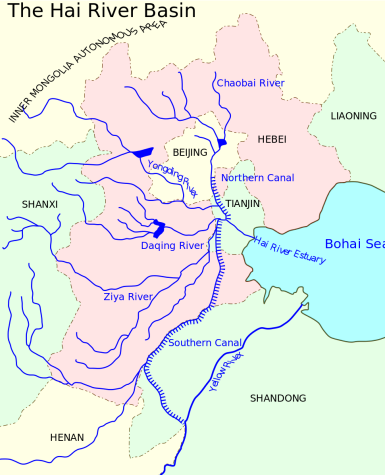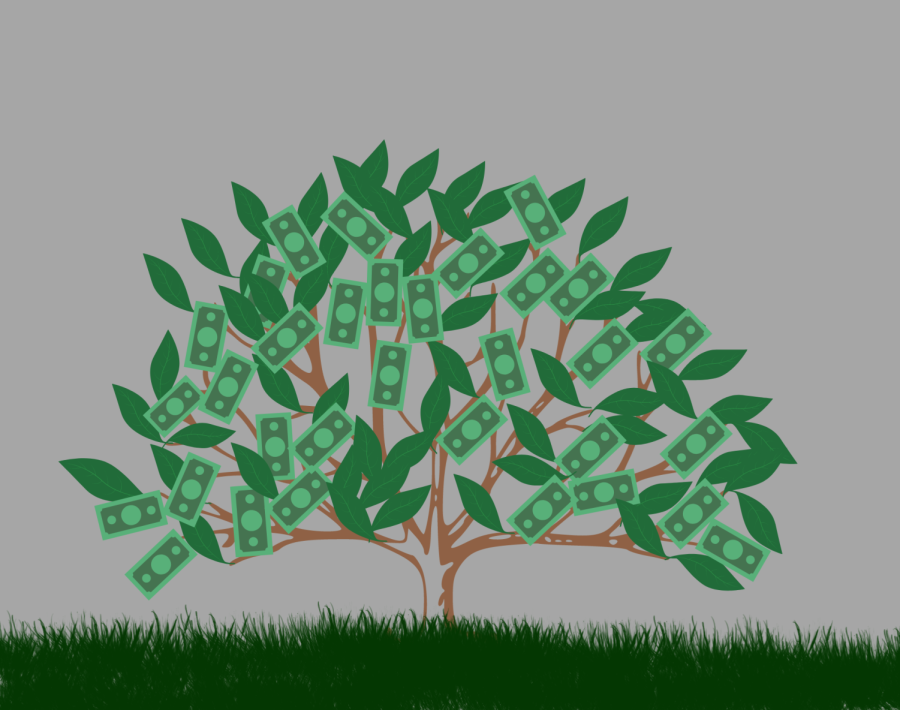Zicklin Center discusses effects of economic development on environment in virtual panel
February 13, 2023
The Robert Zicklin Center for Corporate Integrity welcomed members of the Baruch College community to talk about economic development around the world in the face of environmental degradation during an online panel on Jan. 31.
In its first event of the year, the Zicklin Center hosted independent researcher Elias Ayuk and professor Siyuan Song to lead the audience in discussion. Both of the center’s guest speakers spent their careers researching how market economies can manage growth while also avoiding the breakdown of the environment that surrounds them.
“There are places that very understandably want to achieve the kind of standard of living that we enjoy here and who want to do it quickly,” David Rosenberg, a law professor at Baruch and the academic director of the Zicklin Center, said while introducing the panel. “How should they manage their desire to grow — to provide health care, energy, education, access to technology for their people in a market economy — while respecting the health of their local environment?”
A researcher of corporate culture and safety, Song teaches at Northwest University in Xi’an, the capital of Shaanxi province in China. He previously studied organizational behavior at Baruch’s Larry Zicklin School of Business as a graduate student from 2008 to 2010.
Song described China’s history of environmental policy after 1973, beginning with five stages of environmental protection policies. The nation launched a series of environmental initiatives between 1976 and 2005. Each 5-year plan it devised failed every six years.
He explained the reasons for these failures. One reason was a prioritization of gross domestic product by a country in the early stages of industrialization. Song added that there were disagreements on environmental protection measures between central government officials and local factory regulators.
“You can see that pollution is the twin of the economy,” Song said, showing a map of the Hai River region that surrounds Beijing.

Covering the Hebei province and an area of nearly 100 million people, the region is also home to a majority of the steel and iron plants that were late to enforce environmental protection regulations.
Song explained that the pollution of the Hai River and the surrounding region was a serious problem in the 1990s. However, the water quality of the Hai River has improved significantly since then with stricter regulations.
Additionally, the nation enacted vast advancements in environmental protection, following rigorous inspections by the central government from 2013 to 2022.
In the first round of inspections, the number of leaders from the government and the Chinese Communist Party exceeded 18,000, according to a graphic that Song shared in his presentation.
Song’s overview fit into another theme that emerged from the discussion — political will.
As Rosenberg said at the start of the panel, the event would address “a dilemma that every nation faces these days — the tension between economic growth and protecting both the local environment and more broadly, the health of the planet that we all share.”
“But the problem here at home is, of course, that many of the businesses that do the most polluting have a big role in deciding who gets to make the laws and who gets to dictate tax policy,” Rosenberg added. “We could afford to do it, we just don’t have the political will to do it.”
Following Song, Ayuk spoke on the imperative need for environmental stewardship in Africa.
Ayuk is a researcher and consultant who conducted more than three decades of economic development research in Africa. He also works as the director of policy advisory services at Chaint Afrique, a Ghana-based consulting group that specializes in sustainability and ESG — which is short for environmental, social and governance.
“There is an abundance of literature that shows that environmental degradation has a negative impact on GDP,” Ayuk said. “You can be sure that each African country has an environmental protection agency, but much to be desired remains from how these plans are implemented.”
He described African countries’ reliance on mining as a major contributor to gross domestic product. He cited data showing that African nations made up seven of the top 10 economies where mining contributed the most to their GDP in 2019.
The Democratic Republic of Congo came in first, with 93% of its GDP coming from mining, and Burkina Faso followed at 92.9%.
Ayuk highlighted a market failure of many African economies that do not take the negative consequences of resource extraction into account. These economies failed to understand the real cost of mining.
“If the social cost of gold were integrated into the pricing, it would reflect the real cost to society, which is never the case,” he said.








